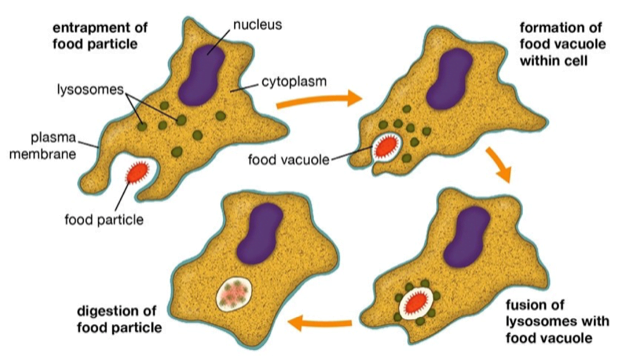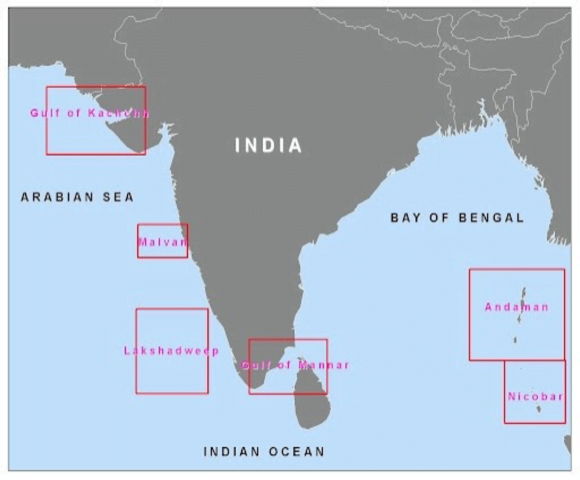UPSC Articles
Immune Cells in Sea Corals
Part of: GS Prelims and GS – II – issues related to SCs and STs
In news A new study has identified for the first time that specialised immune cells (phagocytic cells) exist in certain varieties of sea corals and anemones.
- It will help in better understanding how reef-building corals and other reef animals protect themselves from foreign invaders like bacteria and viruses found in and around coral reefs.
What is Phagocytosis?
- It is the process by which certain living cells called phagocytes ingest or engulf other cells or particles.
- The phagocyte may be a free-living one-celled organism, such as an amoeba, or one of the body cells, such as a white blood cell.
- In some forms of animal life, such as amoebas and sponges, phagocytosis is a means of feeding.

What are Sea anemones?
- They are sometimes called the ‘flowers of the sea’, sea anemones are actually beautiful animals, they are a close relative of coral and jellyfish, and are the marine, predatory animals of the order Actiniaria.
- They are found from the tidal zone of all oceans to depths of more than 10,000 metres.
What is Coral?
- Corals are made up of genetically identical organisms called polyps. These polyps have microscopic algae called zooxanthellae living within their tissues.
- The corals and algae have a mutualistic relationship.
- They are also called the “rainforests of the seas”.
- Major locations of corals in India
- Coral reefs are present in the areas of Gulf of Kutch, Gulf of Mannar, Andaman & Nicobar, Lakshadweep Islands and Malvan.

News Source: DTE












